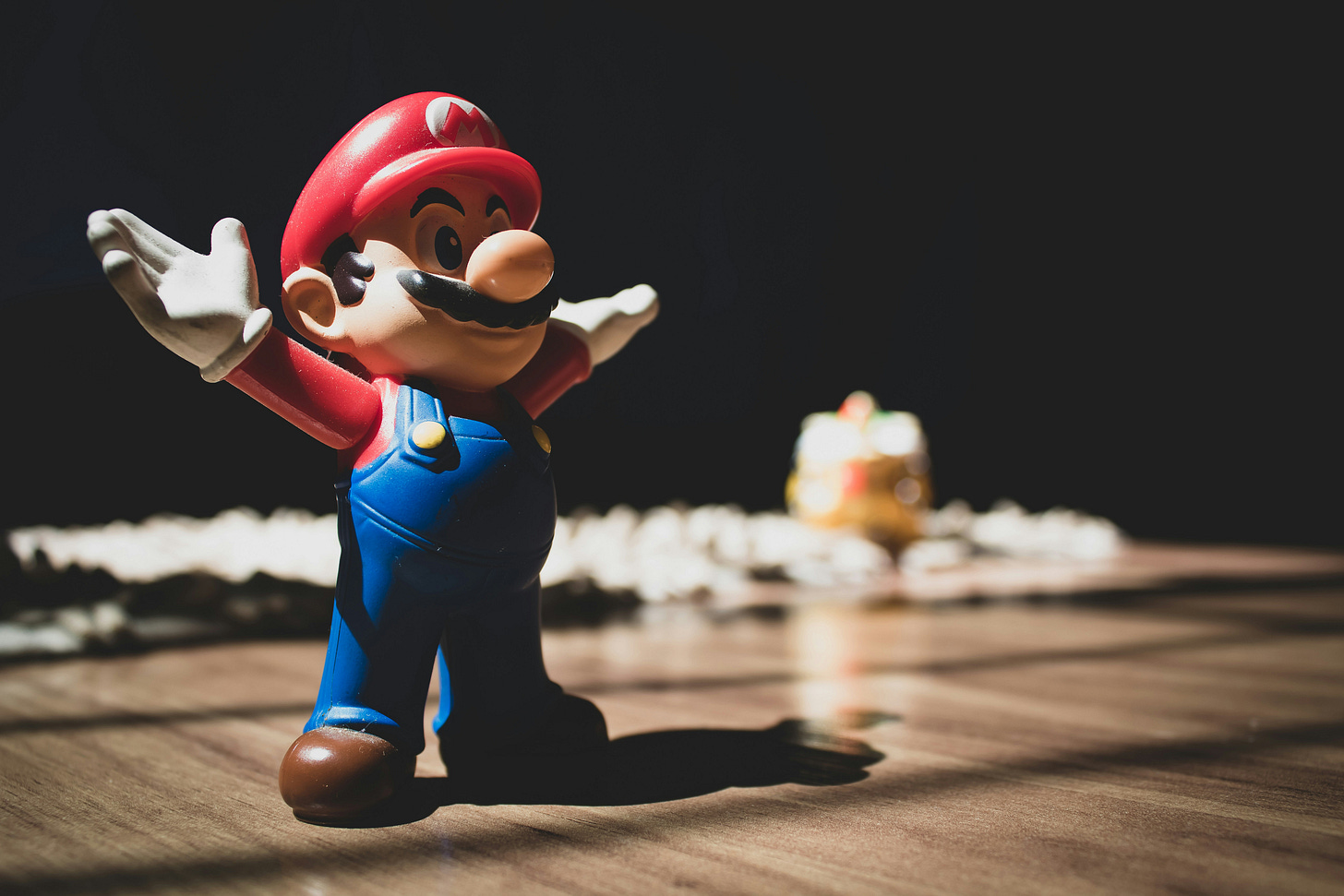How a Weekend Jam Can Teach You More Than a Month of Tutorials
Where constraints fuel creativity, and failure is part of the lesson.
Hello my fellow gamedevs and players!
We are living on a world where our potential creativity and success are easily attached to fear.
We are afraid to fail, because yes, we do fail, I’m not going to hide. But you know what? failing is actually learning.
Game Development is an overwhelming ground that doesn’t have a really structured career path, on top of…




